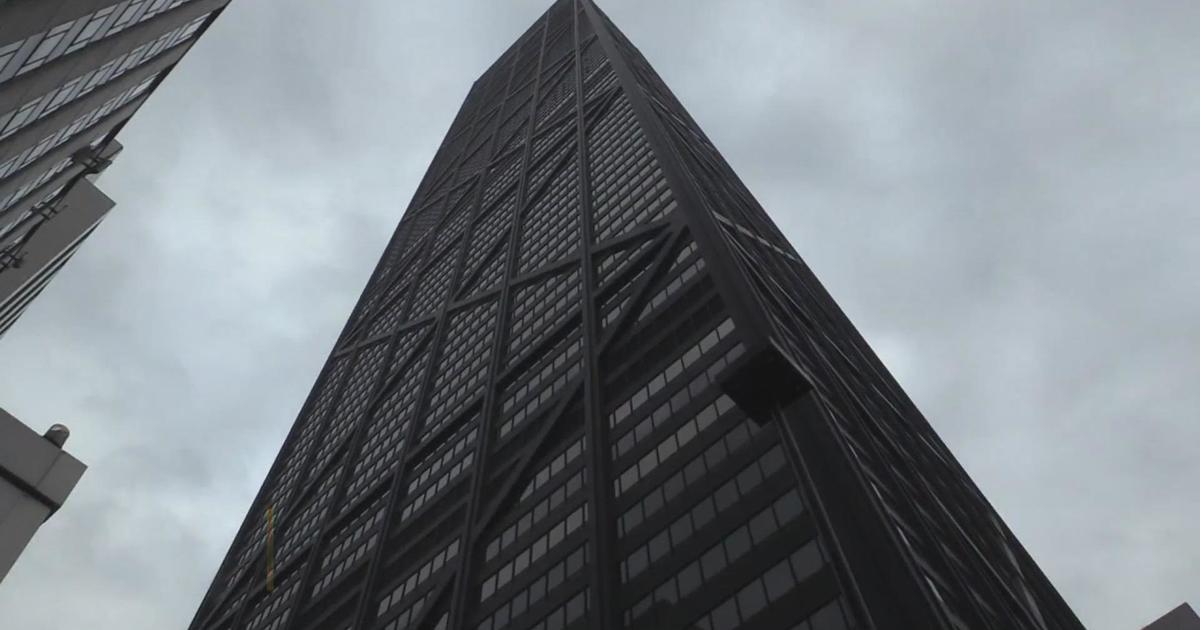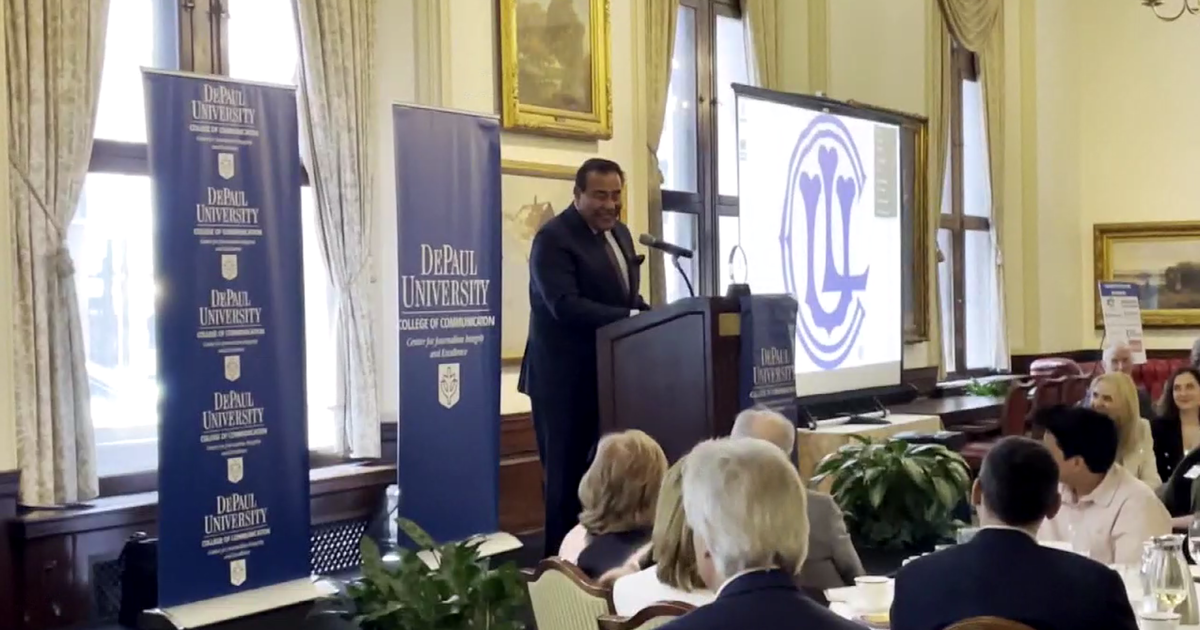Rising Temps Bring Haunting Memories Of Heat Wave That Killed More Than 700
CHICAGO (CBS) -- Could it ever happen again?
With heat indexes reaching triple digits his weekend, many Chicago residents might be reminded of the killer heat wave 23 years ago that killed more than 700 people.
A lot has changed since 1995. Chicago has better systems in place to monitor those people who are most at risk in excessive heat.
However, back then, city officials seemed to take the dangerous temps for granted.
At the time, Mayor Daley, didn't seem too concerned, stating the obvious: "It's hot. It's hot out there. We all walk out there. It's very, very, very hot."
There were no warnings or much intervention on the part of the city then.
And things began to fall apart.
When it was over, a total of 739 people lost their lives.
The heat wave began July 12. The temperature rose to 106 degrees at Midway International Airport on July 13, and never dropped below the 80s at night. It lasted for about four days.
To keep cool, residents opened fire hydrants. That caused water pressure to drop throughout the city, and 23 cooling centers had to close.
In the days that followed, the number of dead overwhelmed the county morgue. Refrigerator trucks were called in because there was no room inside. Medical examiners averaged 13 autopsies an hour.
As the body count rose, questions began to surround City Hall. Why didn't the city call a formal emergency and execute plans already in place?
Many of the victims died alone in dwellings with no way to open widows. Temperatures inside soared well above the triple digit heat outside. Nobody checked on them.
Fire Department spokesman Larry Langford was a police and fire street reporter for WMAQ Radio in 1995.
"As the heat continued, they stopped asking for ambulances," Langford said in 2015, the 20th anniversary of the tragedy. "They asked for wagons because then they were removing people and we heard that over and over again."
They were taking out the dead in all parts of the city, he said.
"Many of these victims come from Chicago's North Side where power outages over the weekend knocked out air conditioning to apartments and condos."
The city created a commission to review the city's response and make changes to avoid a similar calamity in the future.
In July of 2012, Chicago endured several days of similar triple digits temperatures, and the medical examiner reported six heat-related deaths.
This weekend heat indexes are expected to rise to has high as 105. The actual temperature will reach the high 90s.
And the city's approach is vastly different.
OEMC representatives said people should call 911 if there's an emergency during the heat wave. They can also call 311 tou request a well-being check on a relative, friend, or neighbor; or to locate a cooling center.
Aside from a cooling center, if you don't have air conditioning at home, you can go to police stations, libraries, park district buildings, hospitals, and other public buildings to keep cool.
"I can't emphasize enough how important it is for everybody to look out for each other, especially our vulnerable population. Talk to your neighbors, talk to your friends, the people you care about," Office of Emergency Management and Communications director Rich Guidice said Thursday.



